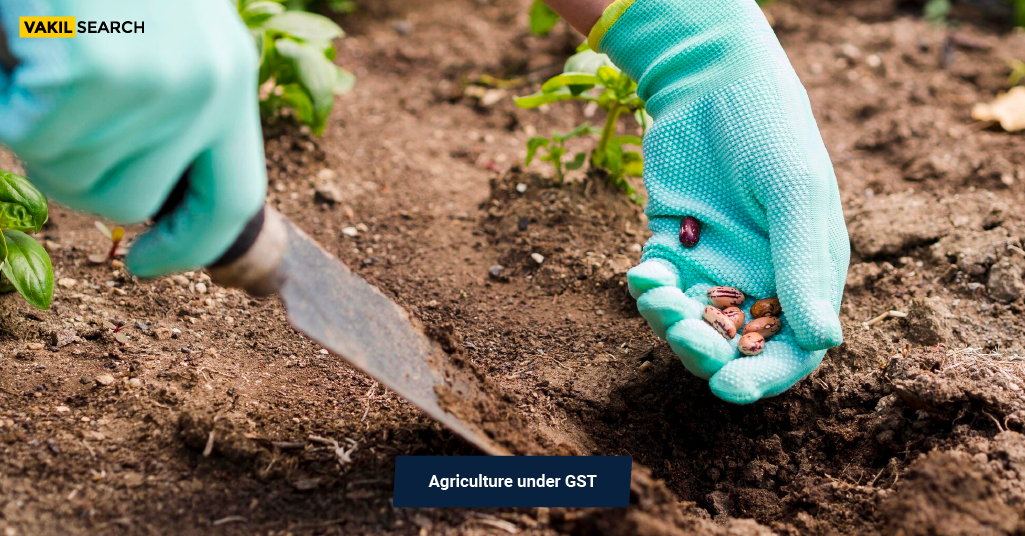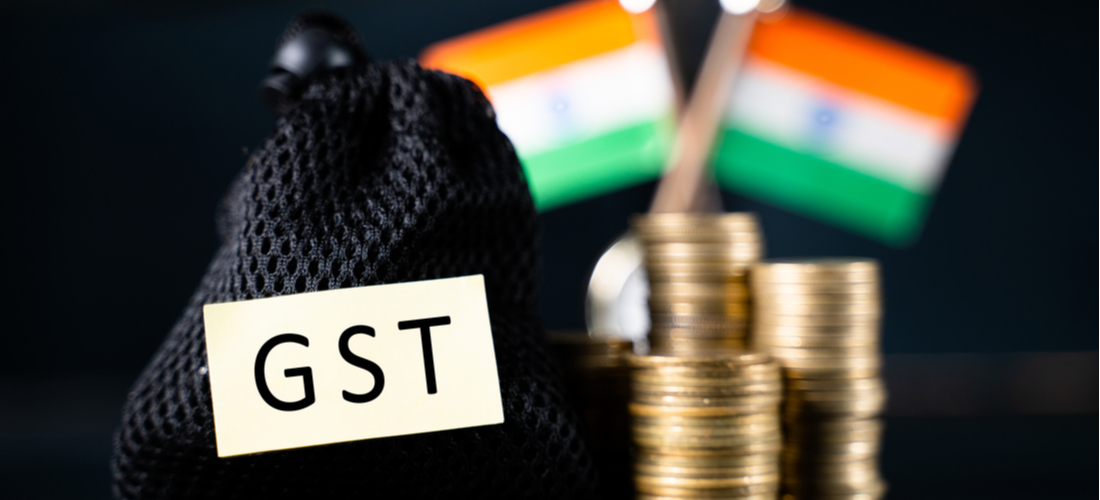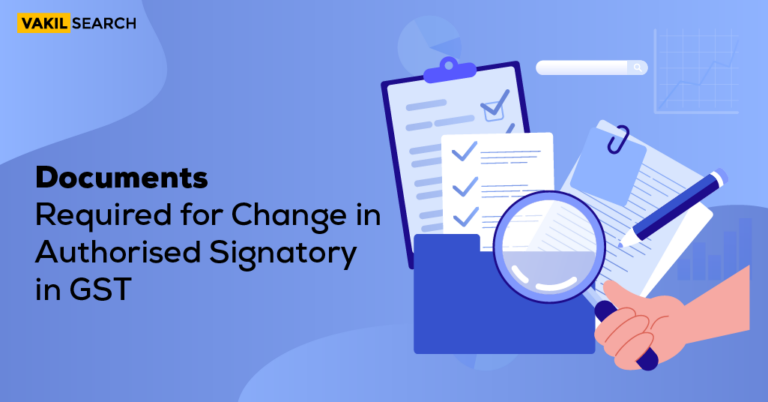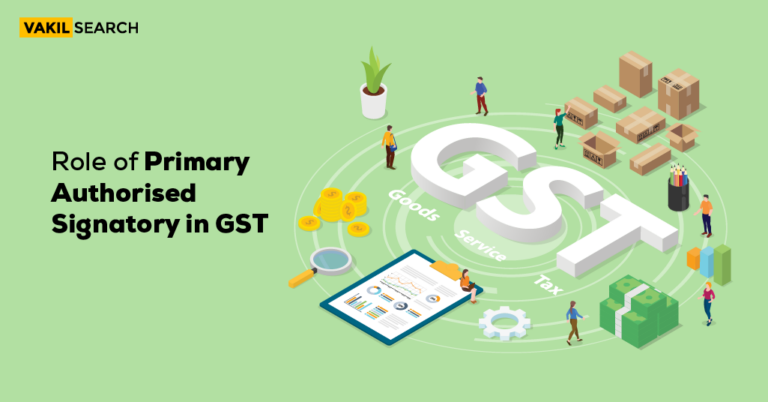Farmers exempt! But GST impacts agri business. Unravel registration needs & tax rates for crops, machinery & more.
India’s vast agricultural landscape encompasses a diverse range of players. While small-scale farmers, the backbone of the sector, benefit from GST exemption on their fresh produce, large-scale operations and agricultural companies navigate a different terrain. GST registration and compliance become mandatory for these players, shaping their economic interaction under the new tax regime. This article explores the nuances of agriculture under GST, catering to both sides of the spectrum.
Overview of Agriculture under GST
Despite being a nation of farmers, India’s agricultural sector grapples with a complex web of taxation under the GST regime. While small-scale farmers rejoice in the exemption for fresh produce, large-scale operations and companies face the mandatory burden of registration and compliance. This article tackles the intricacies of agricultural taxation under GST, offering insights for both those exempt and those obligated.
Current Tax Laws
While essential food items like rice, sugar, salt, wheat, and flour enjoy exemption from CENVAT, cereals and grains face a modest 4% state VAT under current tax laws. Despite this relief, agricultural products navigate a maze of licensing and indirect taxes like VAT, excise duty, and service tax. Notably, state VAT applies to all agricultural goods before reaching consumers, though some unprocessed staples like meat, eggs, fruits, and vegetables benefit from exemptions.
Is GST Applicable for Agriculture?
The GST Act separates small-scale farmers from larger agricultural businesses when it comes to registration. Individual farmers and Hindu Undivided Families cultivating land with their own or family labour, or with directly supervised hired labour, enjoy exemption from GST registration. This exemption primarily applies to those selling their own produce and not operating through formal entities. Conversely, companies, LLPs, or any other type of entity engaging in agriculture, regardless of their cultivation methods, would need to register for GST if they meet the turnover criteria or sell taxable goods.
Will Agriculturists Pay GST?
Formal agriculture and agri-businesses:
- Must register for GST if they meet the criteria.
- Act as consumption-based tax collectors, passing the cost on.
- Can claim input tax credit on purchases.
Non-registered farmers:
- Exempt from registration and compliance.
- Still face GST on taxable purchases like agricultural equipment.
Agriculture under GST Rates
The Ministry exempts fresh vegetables, agricultural produce, and unprocessed dairy products from GST. This benefit extends to any business solely focused on supplying such exempt goods, allowing them to skip GST registration and compliance. So, even a formal farmer selling only fresh produce can benefit from this exemption.
GST Rate for Seeds & Fertilisers
The GST rate for seeds and fertilisers in India varies depending on the specific type of seed or fertiliser. Here’s a breakdown:
Seeds:
- Most seeds: 5% GST rate. This includes seeds for crops like paddy, wheat, maize, cotton, sugarcane, pulses, oilseeds, etc.
- Vegetable seeds: Exempt from GST. This includes seeds for vegetables like tomatoes, potatoes, brinjal, okra, etc.
Fertilisers:
- Organic fertilisers and animal or vegetable fertilizers put up in unit containers and bearing a brand name: 5% GST rate.
- Other fertilisers: 12% GST rate. This includes most chemical fertilisers like urea, diammonium phosphate (DAP), muriate of potash (MOP), etc.
| Product | GST Rate |
| Most seeds (paddy, wheat, maize, cotton, sugarcane, pulses, oilseeds, etc.) | 5% |
| Vegetable seeds (tomatoes, potatoes, brinjal, okra, etc.) | Exempt |
| Organic fertilisers and animal or vegetable fertilisers put up in unit containers and bearing a brand name | 5% |
| Other fertilisers (urea, DAP, MOP, etc.) | 12% |
National Agricultural Market(NAM)
The Indian government’s ambitious National Agricultural Market (NAM) scheme aims to revolutionise the agricultural sector by creating a single, transparent, and efficient trading platform. This online marketplace connects farmers and traders across regulated markets, bypassing the limitations of regional disparities and fragmented policies. However, navigating the diverse terrain of state-specific VAT and APMC laws poses a significant challenge to full-fledged implementation.
The introduction of the Goods and Services Tax (GST) presents a crucial turning point. By subsuming most indirect taxes on agricultural produce under a single levy, GST paves the way for a smoother and more transparent supply chain. Traders gain the significant advantage of input tax credit, effectively minimising tax burdens at each stage of value addition.
This streamlined system promises several benefits:
- Enhanced Transparency: Real-time trading on the NAM platform brings greater transparency to pricing and transactions, reducing information asymmetry and unfair practices.
- Faster Movement of Goods: GST eliminates the need for multiple state-level tax clearances, enabling quicker inter-state transportation of perishable agricultural commodities. This directly benefits both farmers and consumers.
- Reduced Logistics Costs: A more efficient supply chain translates to lower transportation and storage costs, ultimately benefiting farmers with better returns and ensuring competitive prices for consumers.
However, some states like Maharashtra, Punjab, Gujarat, and Haryana face a potential revenue loss as GST replaces several lucrative taxes like CST, OCTROI, and Purchase Tax. Compensating these states for the shortfall will be crucial for ensuring smooth adoption of the NAM scheme.
Impact of GST on Agricultural Sector
The Goods and Services Tax (GST) has the potential to significantly transform India’s agricultural sector by streamlining the supply chain, reducing costs, and boosting transparency. Here’s how:
Enhanced Supply Chain:
- GST simplifies the tax system, eliminating the need for multiple state-level clearances. This translates to faster transportation of perishable goods, minimising wastage and losses for farmers and retailers.
- Input tax credit allows manufacturers and traders to claim credit for taxes paid on raw materials, reducing the overall cost of agricultural machinery and equipment.
Taxation of Specific Products:
- While dairy farming, poultry, and stock breeding are not considered agriculture under GST and are therefore taxable, the tax rates for milk and certain milk products are favourable. Fresh milk is exempt, skimmed milk falls under the 5% bracket, and condensed milk at 18%.
- Tractors, previously exempt from taxes, are now subject to a 12% GST rate. However, manufacturers can claim input tax credit, potentially offsetting some of the cost increase.
- Tea, a staple in Indian households, will see a slight increase in price due to the 5% GST rate compared to the previous 4-5% VAT. However, Assam and West Bengal with lower VAT rates may see a smaller impact.
Conclusion
Overall, while GST introduces some changes in the taxation of agricultural products, its potential benefits in terms of a more efficient and transparent supply chain could significantly benefit farmers, traders, and consumers alike. Get in touch with our GST Experts at Vakilsearch and know more!
FAQs on Agriculture under GST
Is agriculture taxable under GST?
Not entirely. The supply of produce directly from cultivation exempts individual farmers and Hindu Undivided Families from GST registration and compliance. However, processed agricultural products, businesses involved in agriculture (companies, LLPs), and any individual agriculturist selling taxable goods like fertilisers or machinery would be subject to GST.
What is the GST rate for agricultural products?
It depends on the product. Fresh vegetables, fruits, unprocessed dairy, and most food grains like rice and wheat are exempt from GST. Some processed items like packaged fruits, frozen vegetables, and dry fruits have varying rates ranging from 5% to 18%.
What are the benefits of registering for GST if I am an agriculturist?
While most individual farmers selling fresh produce don't need to register, there are some benefits for those who sell taxable goods or operate formal businesses: Claim input tax credit on GST paid on purchases like seeds, fertilisers, and agricultural equipment. Access larger markets and formal contracts. Build a business reputation with a GST registration certificate.
How can I register for GST if I am an agriculturist?
If you meet the turnover criteria for GST registration (currently Rs. 40 lakhs in most states) and sell taxable goods, you can apply online through the GST portal (https://www.gst.gov.in/help/returns). Consult our Vakilsearch tax advisor for specific guidance.
What are the penalties for not registering for GST if I am an agriculturist?
If you fall under the criteria for registration but haven't complied, you may face late fees, interest charges, and potential penalties on taxable supplies. Seek professional advice to avoid any complications.











